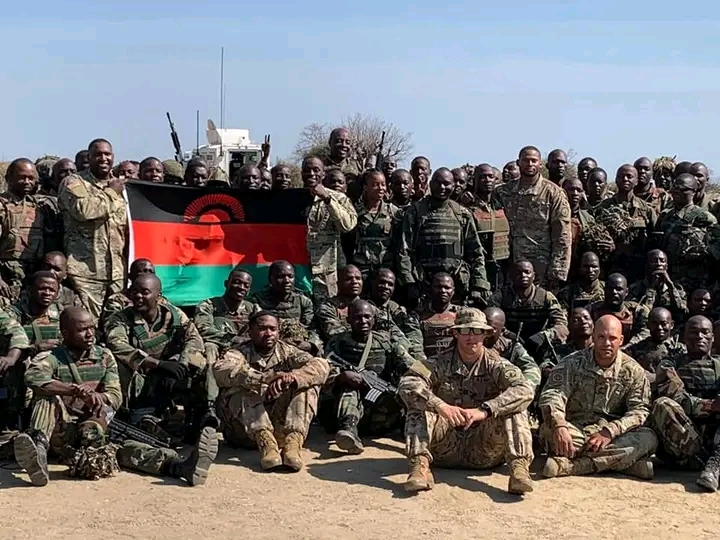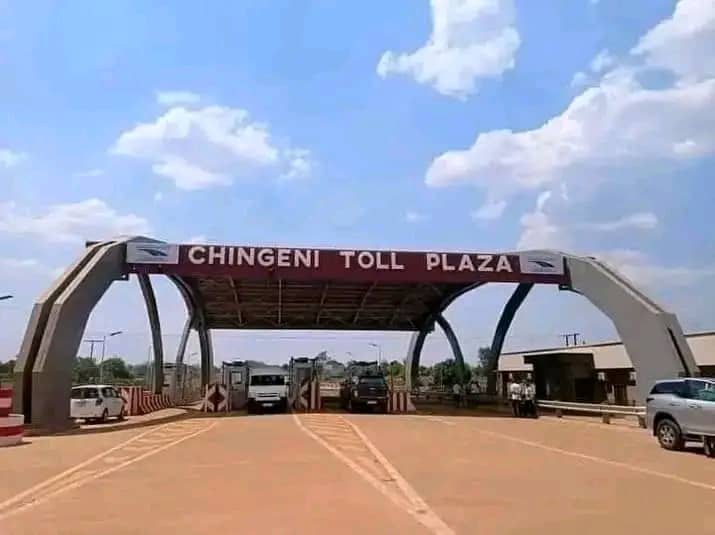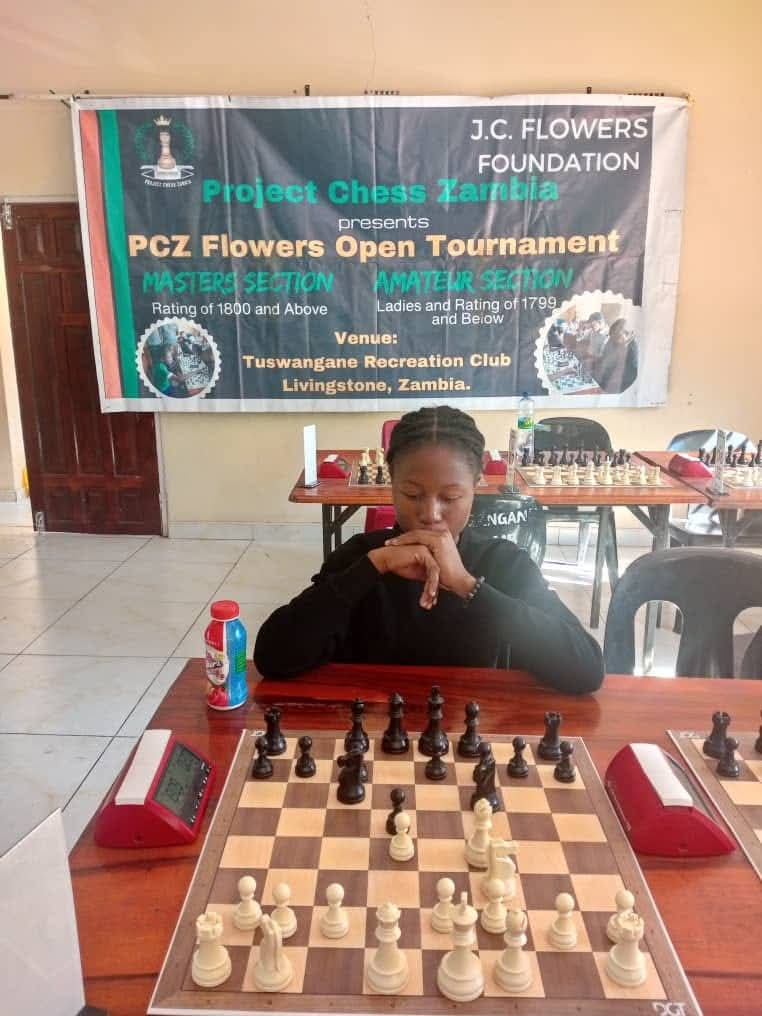By Twink Jones Gadama
The Democratic Republic of the Congo (DRC) has been embroiled in conflict for decades, a situation exacerbated by regional interventions and the involvement of various international actors. Despite the presence of peacekeeping missions led by the United Nations and regional organizations like the Southern African Development Community (SADC), the violence has persisted, with recent events underscoring the futility of military solutions. The recent deaths of South African and Malawian soldiers at the hands of M23 rebels serve as a strong reminder that military interventions have not only failed to bring about lasting peace but have also resulted in further loss of life and destabilization. In light of these developments, it is imperative to shift the focus from military engagement to dialogue and negotiation as a means to resolve the ongoing conflict.
The DRC’s complex history of conflict is rooted in a myriad of factors, including ethnic tensions, political instability, and the struggle for control over vast natural resources. The involvement of various armed groups, including the M23 rebels, has further complicated the situation. The M23, which emerged in 2012, has been accused of committing human rights abuses and has garnered support from external actors, complicating the peace process. Despite numerous attempts at peacekeeping and military intervention, the situation on the ground has remained volatile, with armed groups continuing to operate with impunity. The recent escalation of violence, particularly the attacks on peacekeeping forces, highlights the limitations of military solutions in addressing the underlying issues driving the conflict.
The United Nations Organization Stabilization Mission in the Democratic Republic of the Congo (MONUSCO) has been in place since 1999, making it one of the longest-running peacekeeping missions in history. While MONUSCO has had some successes, such as the protection of civilians and the disarmament of certain armed groups, its overall effectiveness has been called into question. The mission has faced criticism for its inability to prevent violence, protect civilians, and facilitate a political resolution to the conflict. The recent deaths of peacekeepers from South Africa and Malawi underscore the risks associated with military interventions and the challenges faced by peacekeeping forces in a complex and hostile environment.
The reliance on military solutions has often overshadowed the need for a comprehensive political approach to conflict resolution. The DRC’s history is marked by a series of failed peace agreements, many of which have been brokered without the meaningful involvement of all stakeholders, including armed groups like the M23. The lack of inclusive dialogue has perpetuated a cycle of violence, as marginalized groups feel excluded from the political process and resort to armed resistance. The failure to engage in meaningful dialogue with these groups has not only hindered the peace process but has also contributed to the ongoing instability in the region.
In contrast to military interventions, dialogue offers a pathway to address the root causes of the conflict and foster a more inclusive political environment. Engaging in dialogue with armed groups, including the M23, is essential for understanding their grievances and finding common ground. Dialogue can provide a platform for addressing issues such as governance, resource allocation, and representation, which are often at the heart of the conflict. By acknowledging the concerns of all parties involved, including those who have taken up arms, the DRC can move towards a more sustainable and inclusive peace.
The notion of dialogue is not without its challenges. Engaging with armed groups can be politically contentious, and there may be concerns about legitimizing violence. However, the alternative—continued military engagement—has proven to be equally, if not more, problematic. The cycle of violence perpetuated by military interventions has only deepened the mistrust between the government and armed groups, making dialogue increasingly difficult. By prioritizing dialogue over military solutions, the DRC can begin to break this cycle and create an environment conducive to lasting peace.
Moreover, the international community has a crucial role to play in facilitating dialogue. Rather than solely focusing on military support, external actors should prioritize diplomatic efforts aimed at fostering dialogue among all stakeholders. This includes providing platforms for negotiation, supporting confidence-building measures, and encouraging the involvement of civil society organizations that can represent the voices of marginalized communities. The international community must recognize that sustainable peace cannot be imposed from the outside but must be built through the active participation of all Congolese actors.
The recent events in the DRC serve as a wake-up call for the international community and regional actors. The loss of lives among peacekeepers is a tragic reminder of the limitations of military interventions and the urgent need for a paradigm shift in how the conflict is approached. The focus must shift from military solutions to dialogue and negotiation, recognizing that lasting peace can only be achieved through inclusive political processes that address the underlying grievances of all parties involved.
In conclusion, the ongoing conflict in the DRC has demonstrated that military interventions, including peacekeeping missions, have failed to bring about lasting peace. The recent deaths of soldiers from South Africa and Malawi at the hands of M23 rebels highlight the urgent need for a reevaluation of the current approach to conflict resolution. Dialogue and negotiation must take precedence over military engagement, as they offer a pathway to address the root causes of the conflict and foster a more inclusive political environment. The international community, regional actors, and the Congolese government must prioritize dialogue as a means to achieve sustainable peace, recognizing that the path to resolution lies in understanding and addressing the grievances of all stakeholders involved. Only through meaningful dialogue can the DRC hope to break the cycle of violence and build a more stable and peaceful future.




